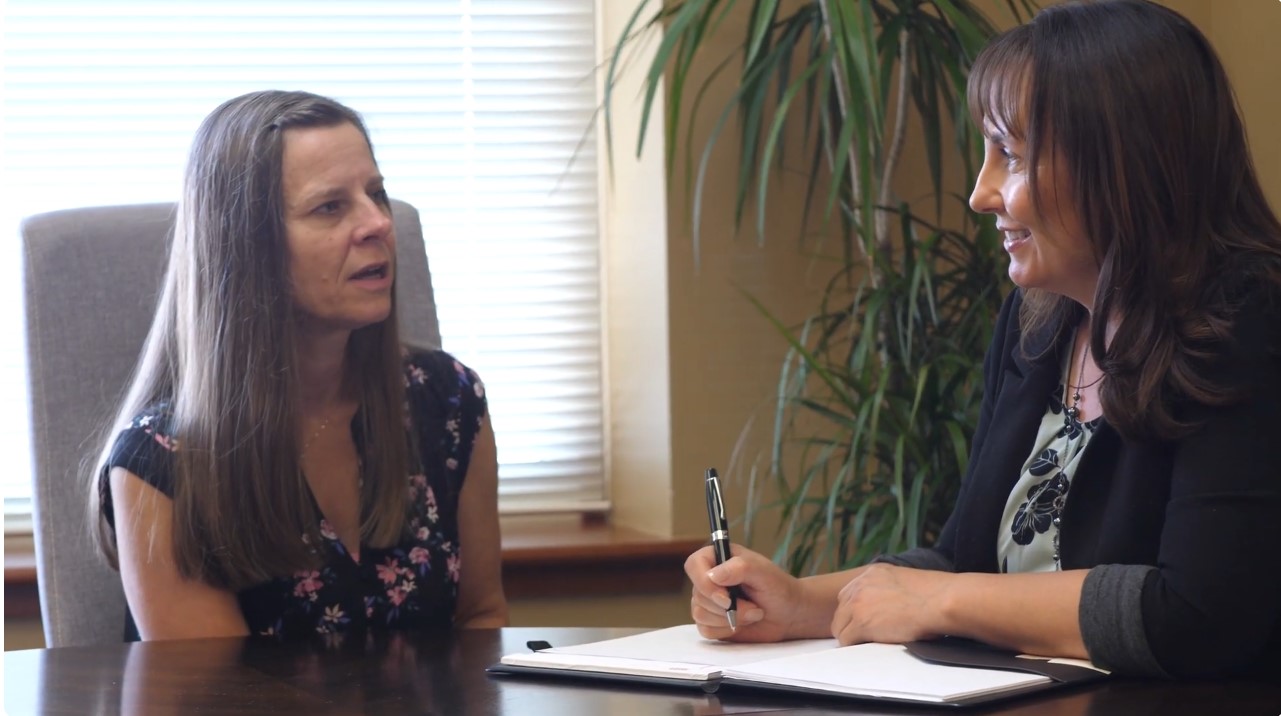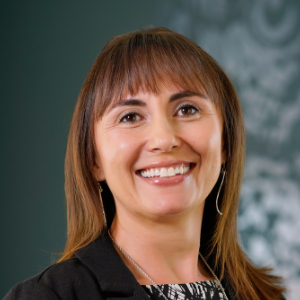Building Financial Confidence and Investing in Yourself

Why Financial Confidence Matters
According to a 2022 Bank of America study*, 94% of women believe they’ll be personally responsible for their finances at some point, but only 28% feel empowered to take action. This gap between confidence and action highlights the need for greater financial education and support.
Women often play multiple roles, particularly as caregivers—raising children, caring for aging parents, or supporting a partner. It's important, however, to prioritize our own financial well-being, especially during life transitions. I grew up inspired by the confidence of my great-grandmother, who lived through the Great Depression. She taught me the value of financial independence and always reminded me that financial security is more than just dollars and cents; it’s about creating opportunities for yourself and those you care about.
As a financial planner, I have met women who, after years of marriage, suddenly found themselves responsible for their finances after a divorce or the death of a spouse. Without the financial literacy and confidence to make decisions, these situations can feel overwhelming. But with the right guidance, they regained control, set new financial goals, and built a secure future.
Practical Steps to Gain Financial Confidence:
- Understand Your Cash Flow: Start by tracking your income and expenses. The goal is not to cut out joy, but to spend more intentionally. Knowing where your money is going gives you a clearer picture of your financial health and helps guide your future decisions.
- Educate Yourself About Investments: If you aren’t already investing, it’s time to start learning about it. Investing can seem intimidating, but it is one of the most powerful ways to grow your wealth over time. Start by educating yourself on the basics: what stocks, bonds, and mutual funds are, and how compound interest works. Many women feel hesitant about investing because they think they need to know everything first but remember that the key is just to get started.
- Invest in Estate Planning: Estate planning isn’t just for the wealthy—it’s for anyone who wants to ensure their wishes are carried out. A comprehensive estate plan includes a will, power of attorney, and healthcare directives to protect your legacy and loved ones.
- Commit to Financial Education: Continuous learning is a form of self-investment. Whether through online courses, books, or other trusted resources, educating yourself about personal finance will help you make informed decisions and build confidence over time. Taking small steps now can lead to significant financial rewards later.
- Seek Professional Guidance: If you’re overwhelmed, consider working with a fiduciary financial advisor. A trusted advisor can help create a customized plan that aligns with your goals and provides clarity on complex financial topics. This personalized support can help you feel confident in your decisions and future.
Investing in Yourself
Financial confidence begins with a mindset shift: recognizing that you are worth the investment. Investing in yourself isn’t just about securing wealth – it’s about securing peace of mind and freedom.
Many clients come to me with concerns about balancing long-term financial goals with short-term desires, such as family vacations or supporting a child's education. By taking a holistic approach to financial planning, we ensure that your finances not only support long-term security but also allow for meaningful experiences now. Financial planning helps you organize your resources so you can live a life that reflects your values, without feeling deprived. When you have a plan in place, you're not just saving for the future—you're empowering yourself to live fully today.
Investing in yourself doesn’t require large, dramatic changes. Taking small, deliberate actions will build your financial confidence over time. By understanding your cash flow, learning about investments, incorporating estate planning, and seeking professional guidance, you can take powerful steps toward securing not only your financial future but also your personal independence. As women, we must recognize that our financial well-being is as important as the care we provide for others. Now is the time to embrace that power, plan for our future, and invest in ourselves.



